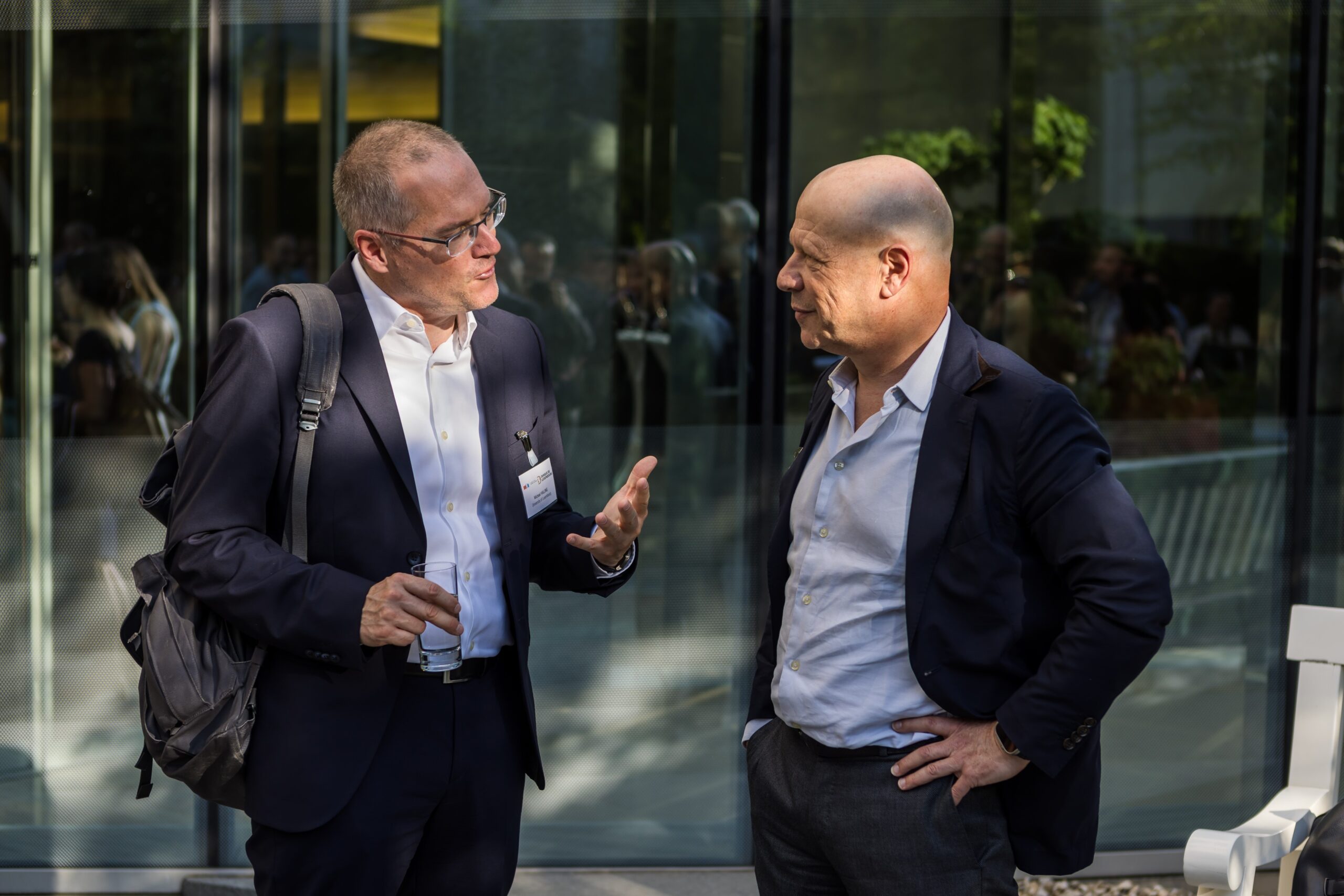Research at the Department of Finance
An Emerging Department
Despite its recent creation, the Department of Finance consistently publishes in leading international Economics, Finance, and Mathematical Statistics journals. It already comfortably stands among the top 10 European finance departments based on the number of top economics, finance, and mathematical statistics publications per professor. The department has a unique expertise in Alternative Investments, Asset Management, Asset Pricing, Banking, Econometrics, Experimental Economics and Finance, FinTech, Household Finance, Sustainable Finance, and the Statistical Analysis of Stochastic Processes.
A Research Platform
The Department of Finance provides an international and stimulating environment with regular top research seminars and several prestigious conferences. With an annual lineup of about 30 research seminars led by top US and European academics, we champion an environment of continual learning and dialogue. Furthermore, its collaborative spirit extends within the University of Luxembourg, with close ties to the Department of Mathematics and the Department of Economics and Management. The Department of Finance feeds cutting-edge research to the Luxembourg financial ecosystem to contribute to its development.
Emphasis on Ambitious Research
The Department of Finance promotes ambitious research. It emphasizes quality rather than quantity. It aims to expand knowledge through significant advancements rather than variations on existing knowledge. Examples of significant contributions by members of the Department of Finance include:
- A necessary and sufficient condition for meaningful aggregation of consumption. Most macroeconomic models used for policy evaluation implicitly assumes the existence of representative agent, which implies that incentives behind consumption choices are transmitted directly from the micro level to the macro level and are reflected in aggregate consumption. Christos Koulovatianos et al. (2019) provide a necessary and sufficient conditions for this assumption and test it empirically.
- Testing no-arbitrage and the bedrock of corporate finance theory, the Modigliani-Miller (MM) theorem. Tibor Neugebauer et al. (2019) test in a laboratory experiment MM theorem, which states that a repackaging of asset return streams to equity and debt has no impact on a firm’ total market value in a frictionless market with no-arbitrage. While data are broadly in line MM theorem, there is some discrepancy, especially with less experienced traders.
- Estimation of the realized variance of stock returns in the presence of microstructure noise. Mark Podolskij (DMATH and Department of Finance) is behind one of the most successful approaches to estimate the realized variance called preaveraging. It is now routinely used in the financial industry to measure stock price variability with high-frequency data.
An Interdisciplinary Approach
At the Department of Finance, research builds on knowledge from history and psychology to mathematics. The Department of Finance values significant contributions in finance-related fields like economics and mathematical statistics. It is aware that economics and mathematical statistics, as well as other fields, made fundamental contributions to finance, such as the fundamental theorem of finance (de Finetti, 1931; Shimony, 1955; Klemeny, 1955; Ross, 1976; Harrison & Kreps, 1979; Jouini & Kallal, 1995, 1999) and GARCH models to analyze the volatility of stock returns (Engle, 1982; Bollerslev, 1986).
PhD in Finance

The Finance PhD programme attracts promising students in a stimulating environment. Its goal is to produce scholars with expertise in finance, economics, and data science. The programme offers training comparable to the most renowned finance departments. The first year, which corresponds to the Master in Quantitative Economics and Finance, is an intense coursework. It goes from the basics to the knowledge frontier in economics, econometrics, and finance. The second and third years offer specialized courses. All courses are in English and taught by local faculty and visiting scholars from renowned universities/business schools (e.g., University of Chicago, LBS etc.). Most students typically find their doctoral advisor in the second year of the programme. Advisors take great care of the students so they can advantageously compete with students from the most renowned universities.
